- Newest
- Most viewed
Stay connected with us!
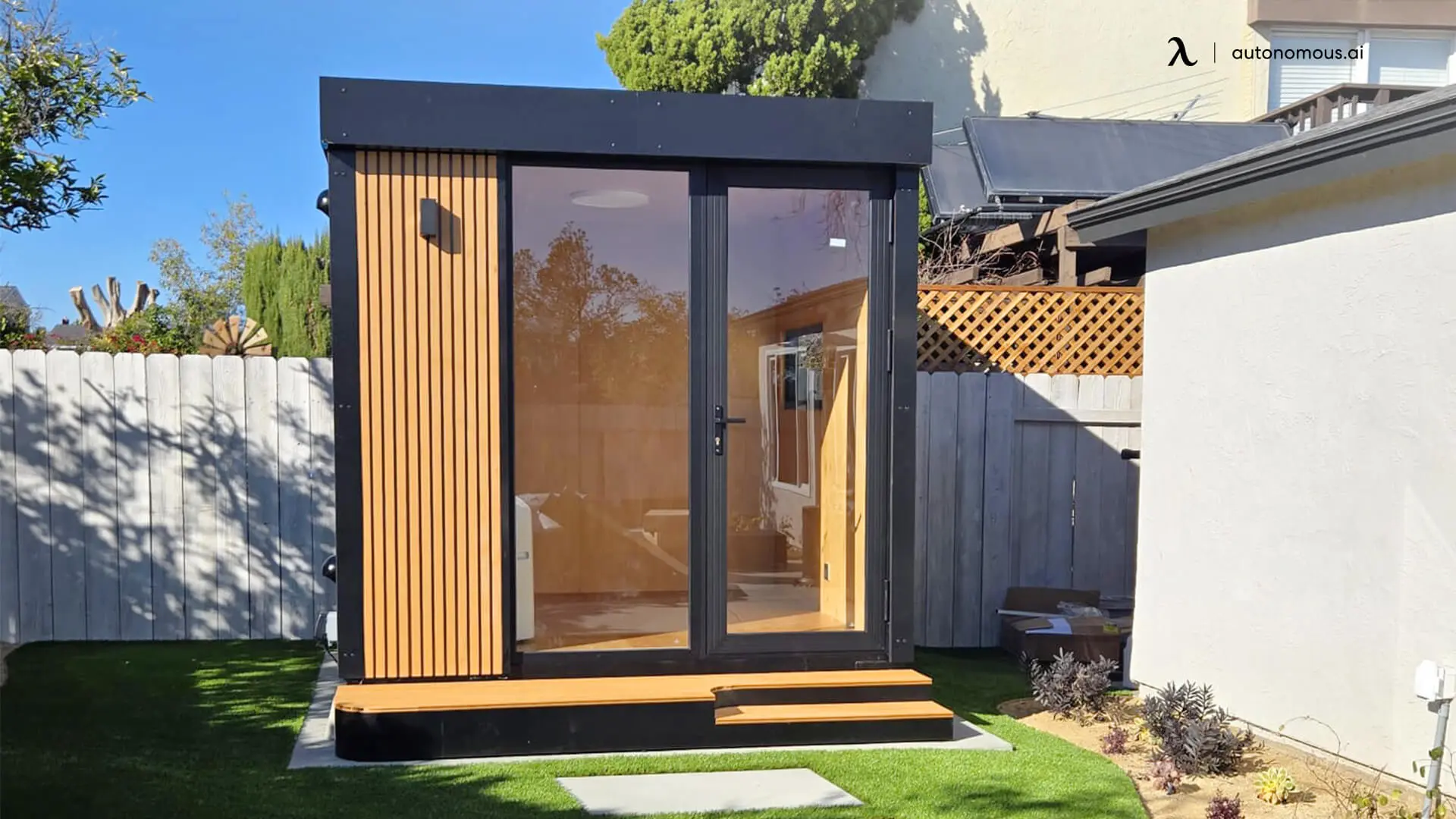
Prefab ADU in Virginia: Regulations & Smart Alternatives
Discover the differences between prefab ADUs in Virginia and WorkPods. Learn about Virginia ADU laws, requirements, and a hassle-free alternative for your backyard space.
Workplace Inspiration | Feb 27, 2025 930 views
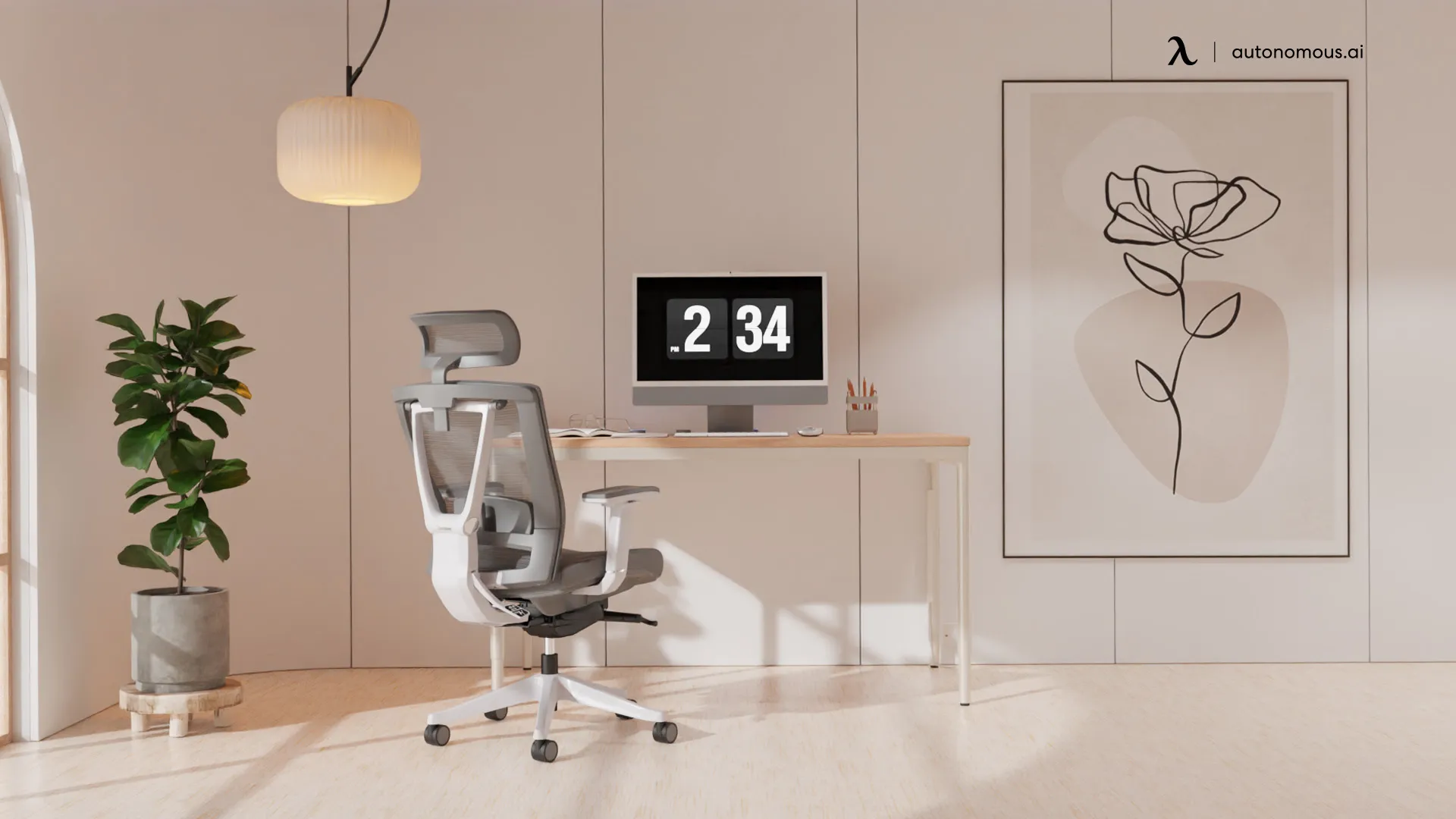
Best Coworking Spaces in Dallas for Remote Workers
Remote Working | Feb 26, 2025 936 views
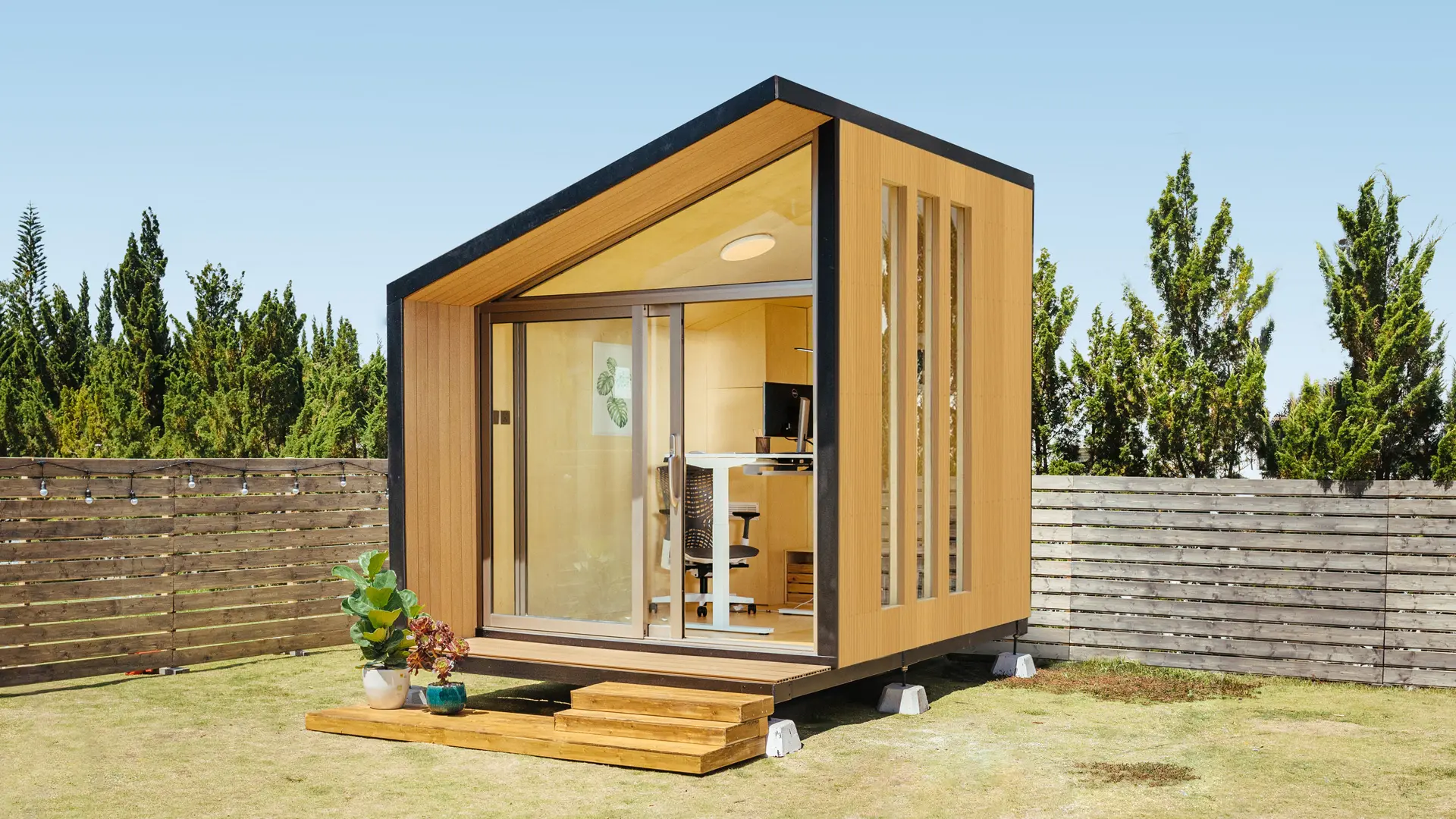
ADU Tax Deductions in California
Workplace Inspiration | Feb 25, 2025 757 views

Legalizing Unpermitted ADUs in California & WorkPod Solutions
Workplace Inspiration | Feb 24, 2025 760 views
.webp)
How to Build a Coworking Space with Gym
Workplace Inspiration | Feb 20, 2025 664 views
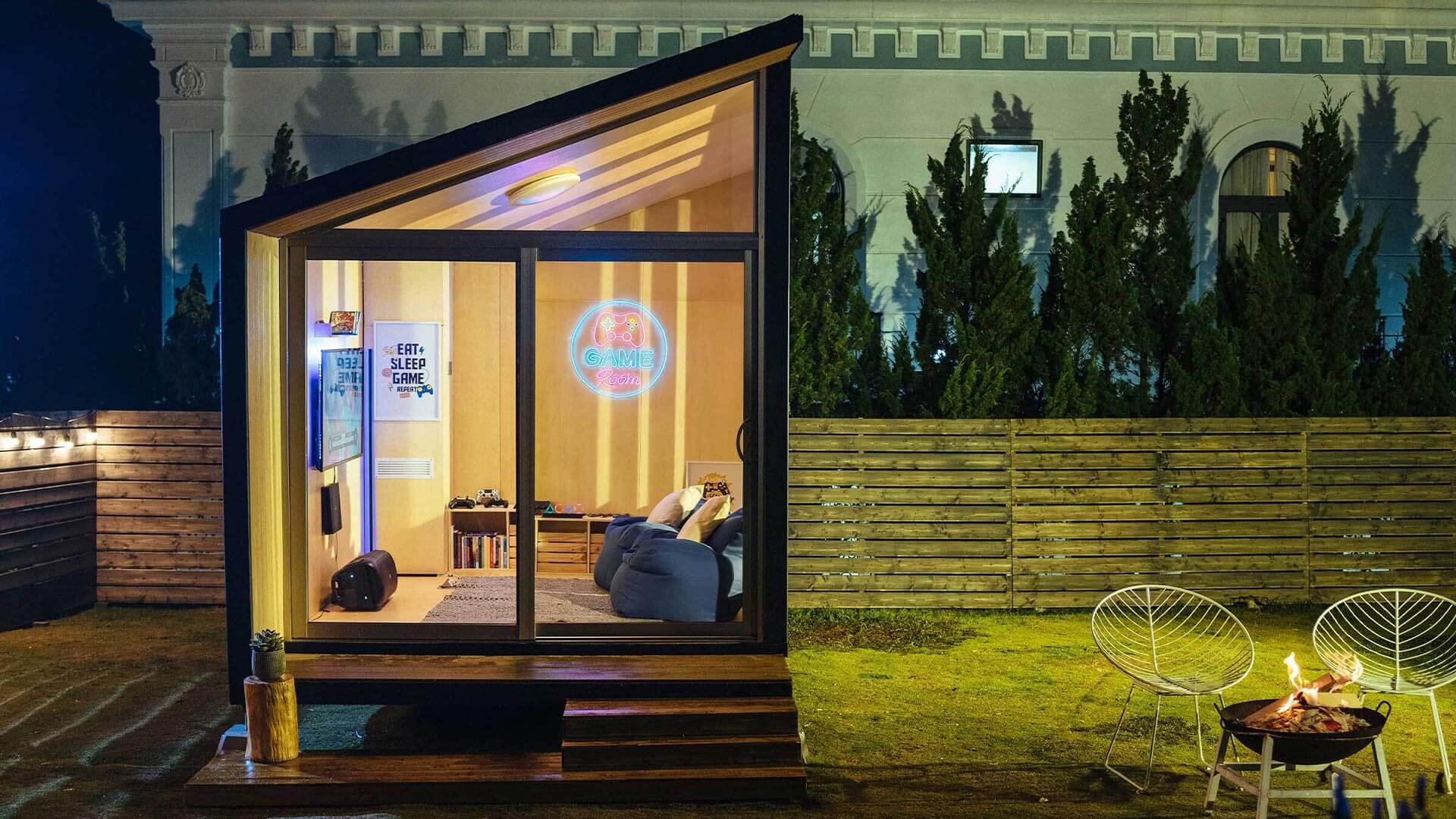
King County ADU Regulations: Requirements, Costs & Setbacks
Workplace Inspiration | Feb 20, 2025 1,401 views
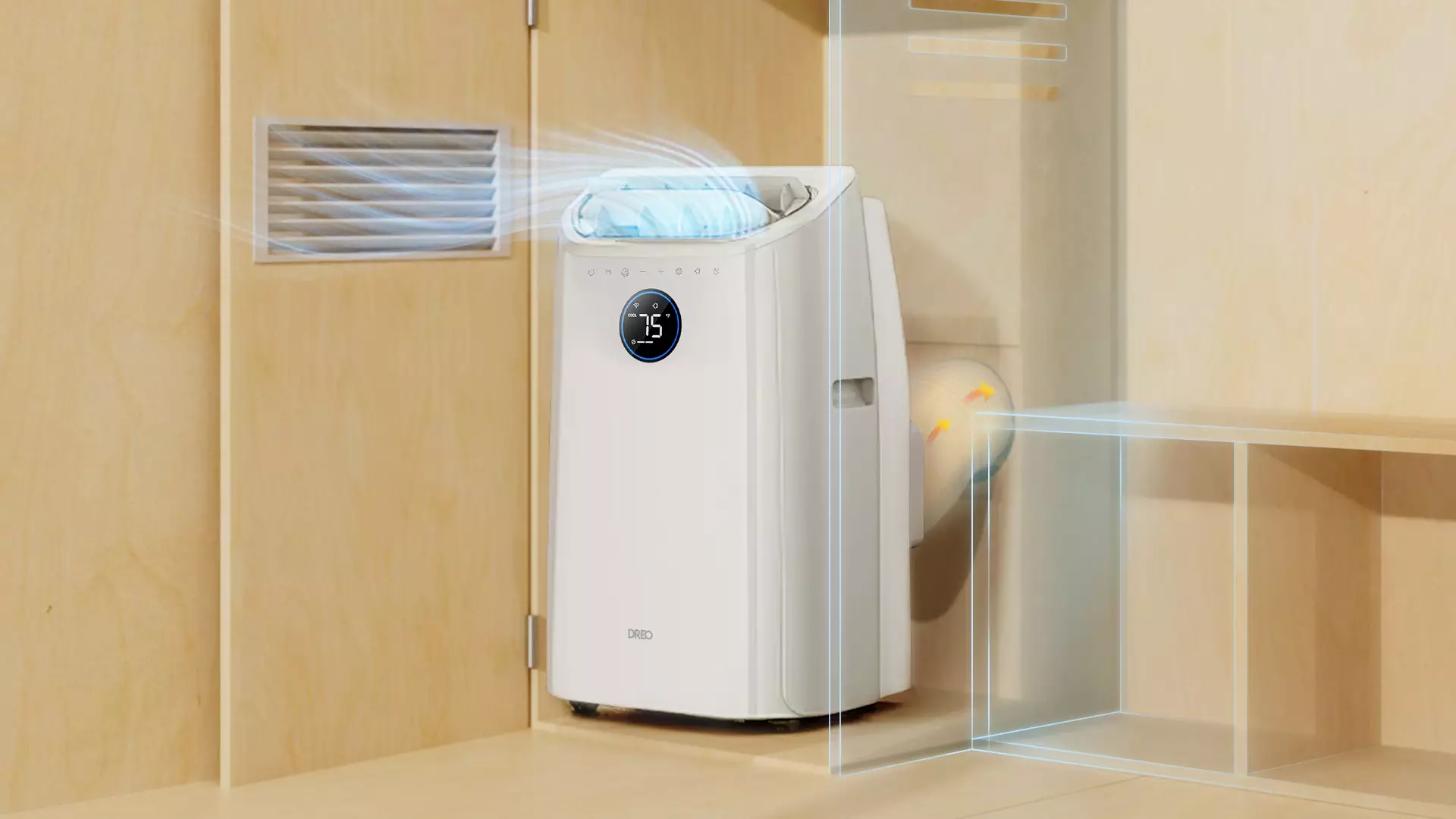
The Ultimate Guide to Solar Fans for Sheds
Smart Products | Feb 19, 2025 1,018 views
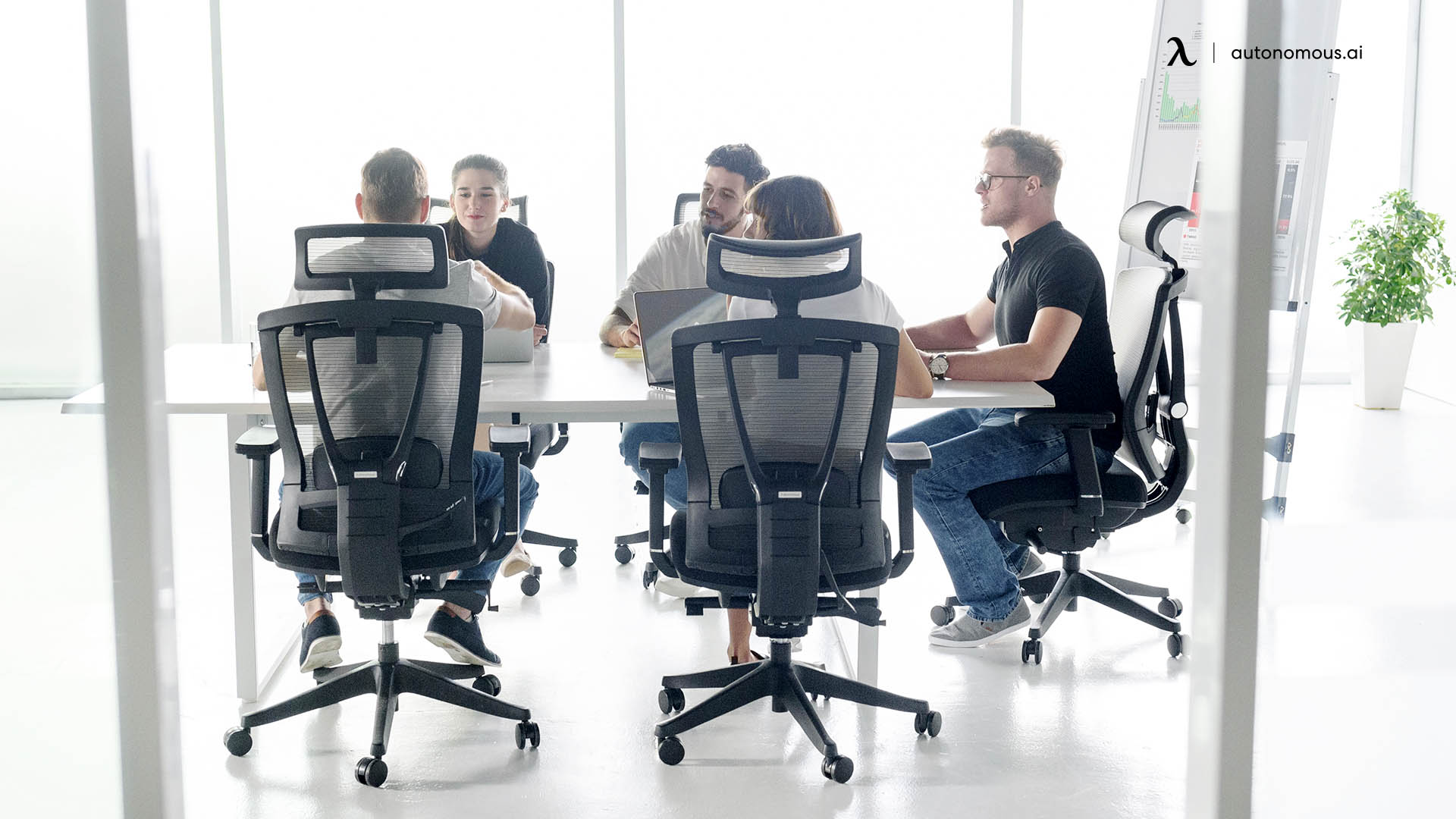
Top 5 Coworking Spaces in Brooklyn & How to Build Your Own Workspace
Remote Working | Feb 19, 2025 1,079 views

Oregon ADU Laws: Requirements, Permits & Size Limits
Workplace Inspiration | Feb 18, 2025 773 views

Best Office Chairs for Core Strength
Smart Products | Feb 17, 2025 937 views
.webp)
The Ultimate Guide to Solar Heater for Shed Efficient Heating
Workplace Inspiration | Feb 11, 2025 874 views
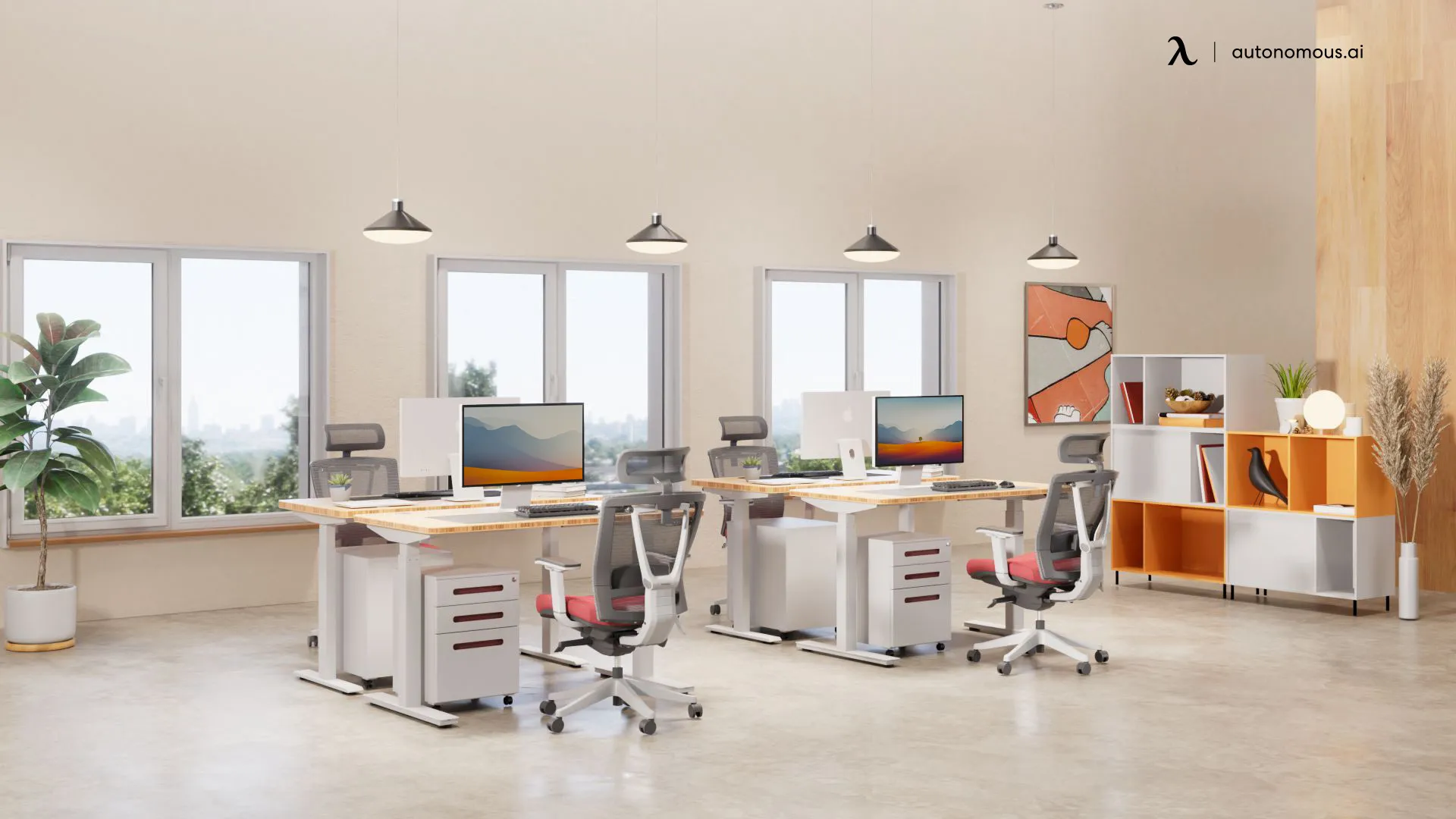
Overhead Lighting vs. Lamps: Which Is Best for Your Office?
Workplace Inspiration | Feb 10, 2025 1,497 views
